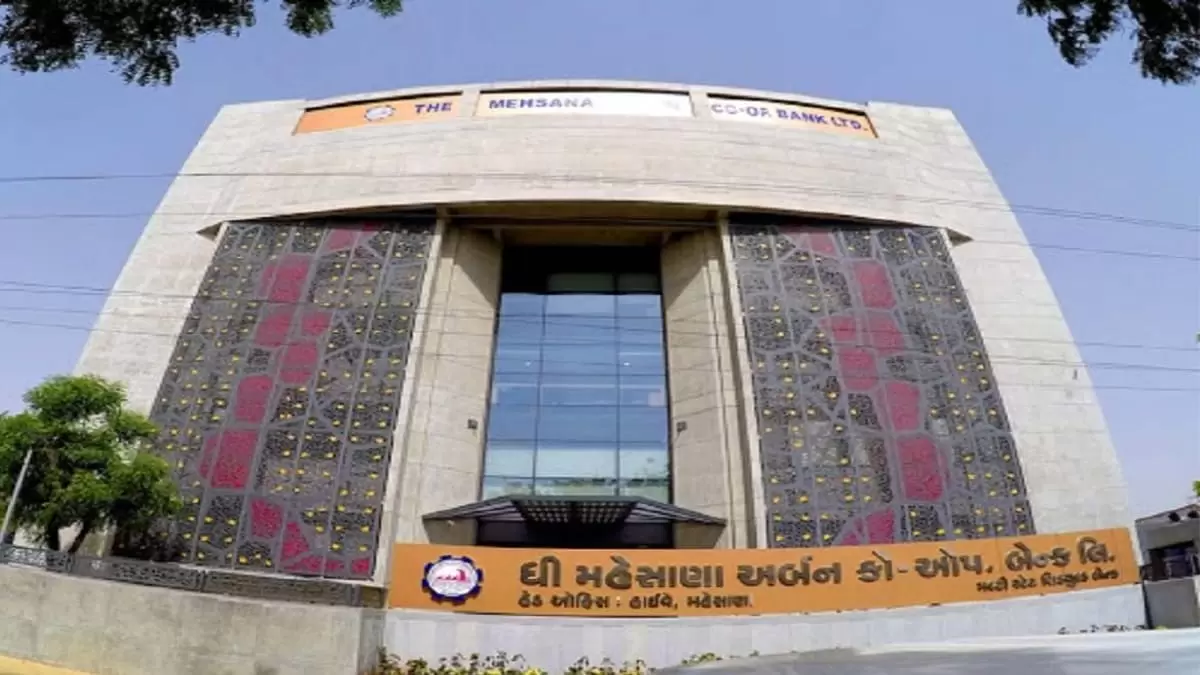New Delhi: Lately, a great deal of negative limelight has been on the Mehsana Urban Co-operative Bank. The bank has exposed to the loan fraud case that worth ₹64 crore during the last seven years. This has created big issues for how the bank operates and whether it even has sound governance to oversee its operations.
They concluded this fraud consisted of several loans being approved without ensuring that the borrowers could repay them. Official said that a lot of such loans were extended to individuals or firms who never intended to repay the money or who did not exist at all. Since there were no strict procedures in the bank, some people exploited the functionality of the system and made the bank lose significantly large amounts of money.
Leaders have accused the bank of lacking an acceptable management policy, particularly where risk assessments are concerned. Not only did this failure enable the fraud to materialize but it also exposed the actual savings of rightful depositors. Since cooperative banks such as Mehsana Urban are established and intended for local community and small businesses relief it is expected that they adhere to strictly implement accountability and transparency best practices but failed to do so.
Today, the regulatory authorities are intervening to probe and scrutinize the bank to the maximum. To prevent such frauds in future, the Reserve Bank of India (RBI) is also likely to amplify rules for the cooperative banks. The public wants change in terms of training for the human resource in banks to be more attentive to risks and to open an eye against scammers.
This particular issue has dealt a major blow on the credibility of cooperative banks which many people consider as friendly and / or procedurally a community type of banking institutions different from the commercial type. That is why it takes experts and experienced individuals to sound an alarm and essentially tell the financial institutions wake up and strengthen your governance and your safety measures.
The Mehsana Urban Co-operative Bank’s case is a clear example of what can go wrong without proper oversight, why we need tighter rules and better monitoring to protect depositors and ensure financial institutions remain trustworthy.





